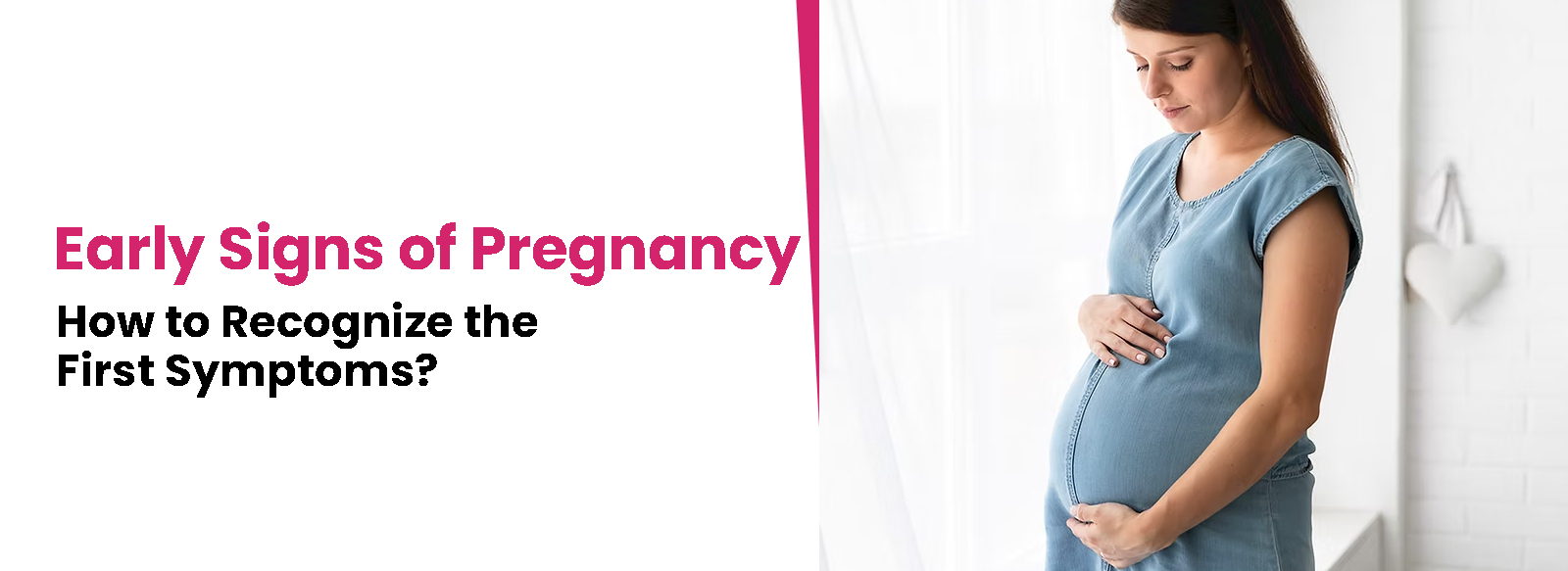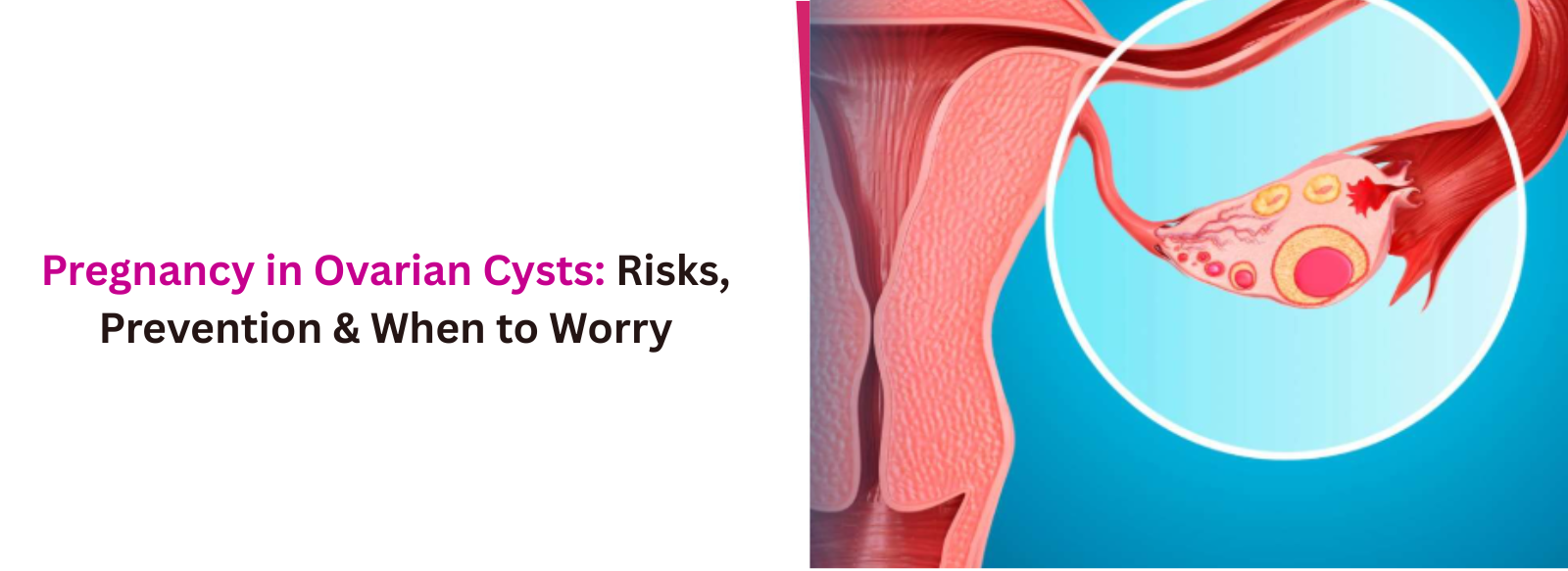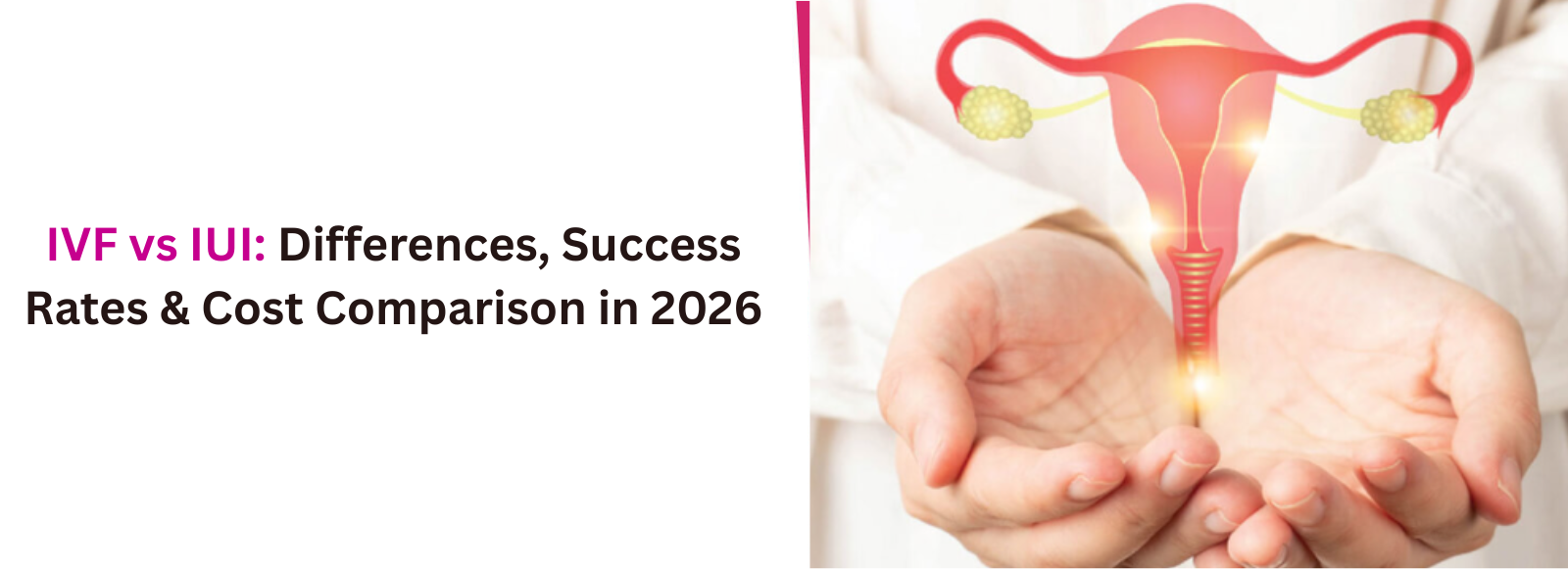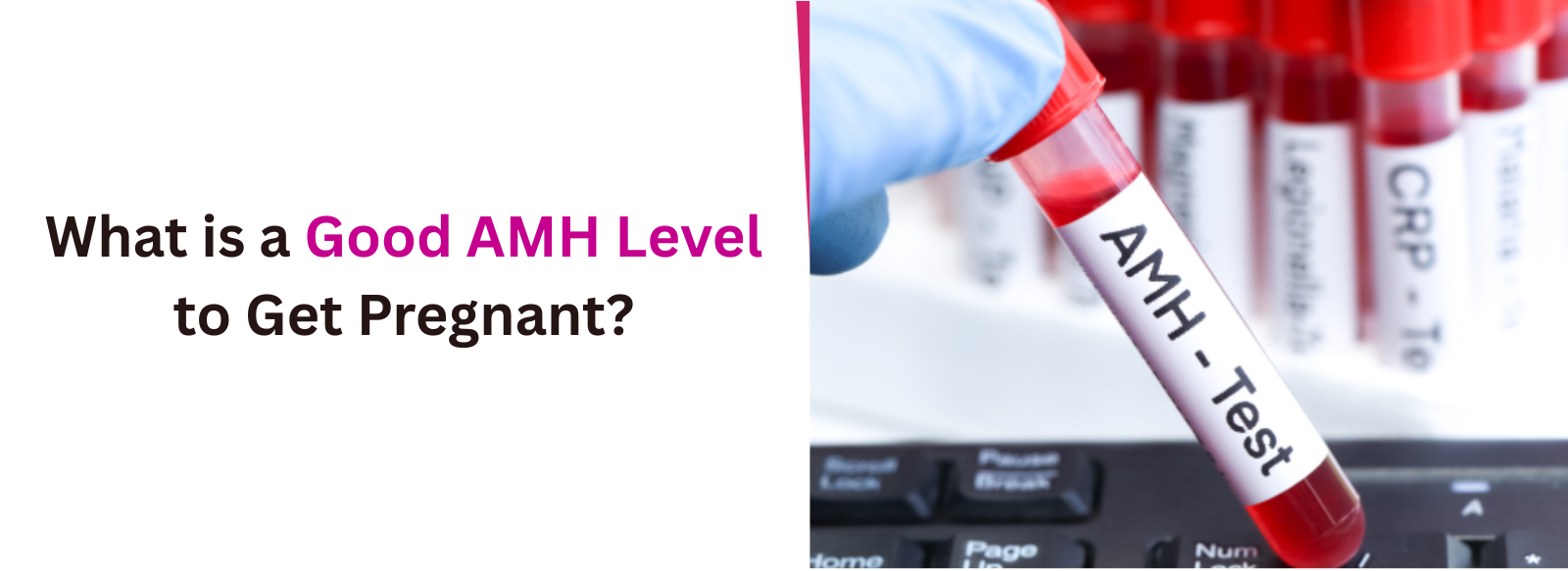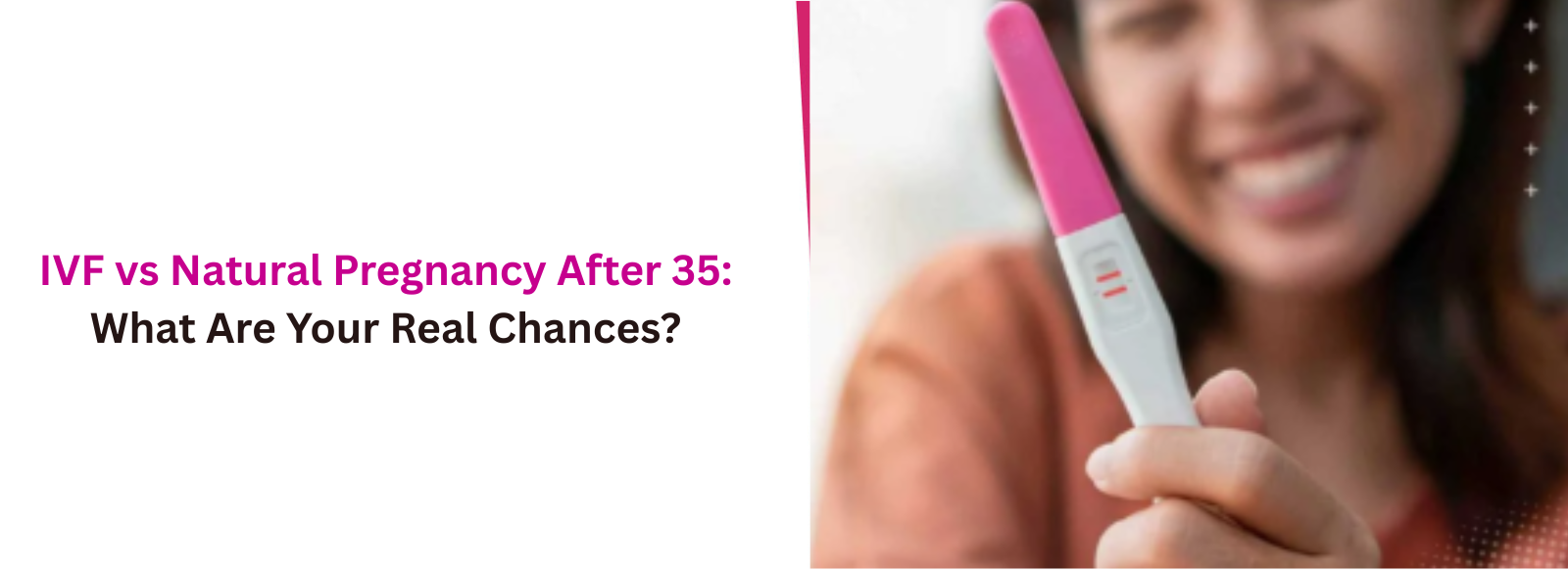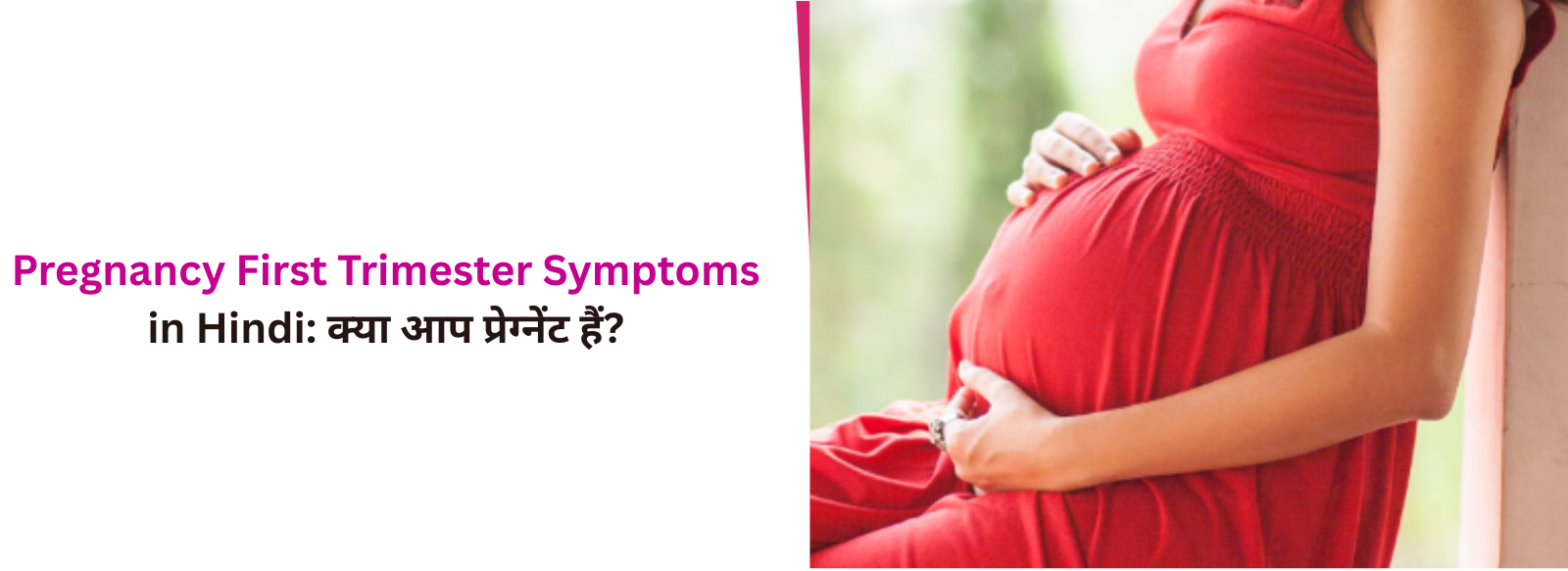Both men and women’s ability to conceive relies not just on biological factors but also on lifestyle choices. Among the most common culprits that silently interfere with this natural process are smoking and alcohol. Smoking & alcohol's impact on infertility is a significant concern, as both can ruin reproductive systems in subtle but harmful ways. A simple and direct answer is, “Smoking reduces sperm quality and eggs' viability, while alcohol disrupts hormonal balance, affecting ovulation and sperm production.” Understanding these lifestyle risks is crucial for anyone looking to optimize their fertility and overall health. This article shares the concept and explains how the smoking and alcohol affect fertility in men and women.
What is the Impact of Smoking on Male Fertility?
Current smokers face a 54% higher chance of delays in conception, with difficulties lasting over 12 months compared to their nonsmoking counterparts. Smoking’s impact on male fertility isn’t just about the act of smoking; it goes deeper into the biological processes that govern reproduction.- Sperm quality decline: Smoking reduces sperm count, motility, and vitality. The result? Less healthy and less capable sperm are struggling to reach their target.
- Genetic damage to sperm: Nicotine can cause DNA damage in sperm, increasing the risk of birth defects or miscarriage.
- Hormonal disruption: Smoking lowers testosterone levels, affecting libido and overall reproductive health, making it harder to conceive.
- Compounded by other health risks: Conditions like heart disease and lung issues, often linked with smoking, can further complicate fertility, adding another layer of difficulty to conception.
What is the Impact of Smoking on Female Fertility?
Smoking poses a silent yet significant threat to female fertility, largely due to the damaging effects of nicotine. This primary ingredient in cigarettes impairs egg quality, disrupts hormonal balance, and diminishes ovarian reserves, creating barriers to conception and healthy pregnancy outcomes.- Depletion of egg quality and ovarian reserve: Smoking accelerates the loss of healthy eggs, leaving fewer viable options for conception.
- Hormonal imbalances: Nicotine disrupts the delicate hormonal cycles necessary for ovulation, often leading to irregular menstrual cycles and reduced fertility.
- Increased miscarriage risk: Women who smoke are more prone to miscarriages, as the toxic components interfere with the earliest stages of pregnancy.
- Damage to reproductive structures: Smoking impairs the fallopian tubes and uterus, reducing the chances of successful implantation and embryo development.
What is the Role of Alcohol in Male Fertility?
Alcohol consumption, even in moderation, has a measurable impact on male fertility. Ethanol, the active ingredient in alcoholic beverages, interferes with reproductive health by disrupting key biological processes needed for conception.- Reduced sperm production: Alcohol negatively affects sperm count, motility, and overall quality, making it harder for sperm to fertilize an egg.
- Hormonal disruption: Ethanol interferes with testosterone production, leading to imbalances that can affect sperm production and overall fertility.
- Impaired sexual performance: Regular alcohol consumption can reduce libido and impair sexual function, further complicating efforts to conceive.
What is the Role of Alcohol in Female Fertility?
Alcohol consumption can significantly hinder a woman’s fertility by interfering with the delicate hormonal balance needed for conception. Ethanol, the main component in alcoholic beverages, directly impacts reproductive health, making it harder for women to conceive and maintain a healthy pregnancy.- Disruption of ovulation cycles: Excessive alcohol consumption throws off the hormonal balance needed for regular ovulation, leading to irregular cycles or missed ovulations.
- Hormonal regulation and liver function: The liver, responsible for metabolizing hormones, becomes less effective due to alcohol, further destabilizing reproductive hormone levels.
- Increased risk of infertility: Over time, heavy drinking can impair reproductive health, increasing the likelihood of infertility.
- Higher miscarriage rates: Alcohol raises the risk of pregnancy loss by affecting the early stages of embryo development and uterine health.

